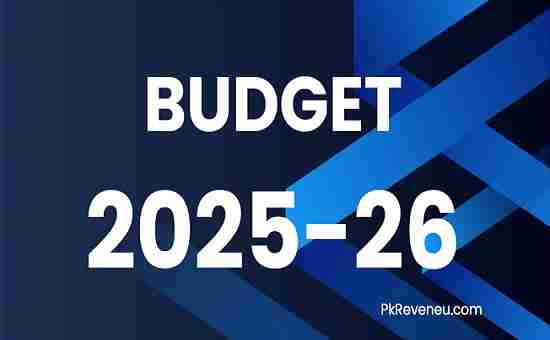Karachi, May 13, 2025 – The Overseas Investors Chamber of Commerce and Industry (OICCI) has put forward a comprehensive set of tax reform proposals aimed at fostering compliance, promoting sustainability, and stimulating inclusive economic growth in Pakistan. The proposals, submitted ahead of the federal budget 2025-26, emphasize the need for strategic incentives rather than punitive measures.
In its recommendations, the OICCI has strongly advocated for a more facilitative tax environment through a variety of targeted incentives for both individual taxpayers and businesses. These include offering tax credits or deductions as a reward for compliance, moving away from the current trend of overburdening honest filers. The chamber believes such incentives would nurture a broader culture of tax responsibility across the economy.
The OICCI also proposed recognition programs to highlight and appreciate taxpayers with a history of consistent and honest tax filings. These programs could include awards or public acknowledgment, which in turn would encourage voluntary compliance and improve the country’s tax-to-GDP ratio.
One of the central themes in OICCI’s proposal is the use of tax incentives to link fiscal policy with environmental and social objectives. It recommended incentives for businesses investing in renewable energy, sustainable infrastructure, waste management, and carbon reduction technologies. By doing so, the government can align with global climate goals while supporting eco-conscious economic development.
Further, to support employment and skill development, the OICCI suggested tax credits for companies that create new jobs—especially for youth, women, and persons with disabilities. Similarly, businesses that establish training programs or apprenticeships should be rewarded with tax incentives, helping bridge the country’s human capital gap.
The chamber also proposed preferential treatment in public services for compliant taxpayers. Suggestions included separate service counters at government institutions like NADRA and passport offices, as a non-monetary incentive to encourage compliance.
Through these proposals, the OICCI aims to shift the narrative from enforcement to empowerment, using well-structured incentives to build a more transparent and responsible tax culture. If adopted in the upcoming budget, these measures could significantly enhance taxpayer confidence and economic inclusion in Pakistan.
